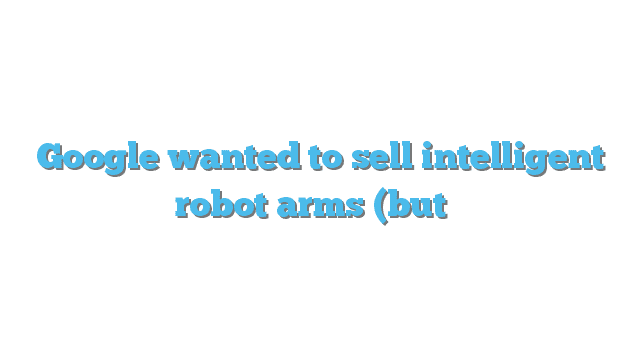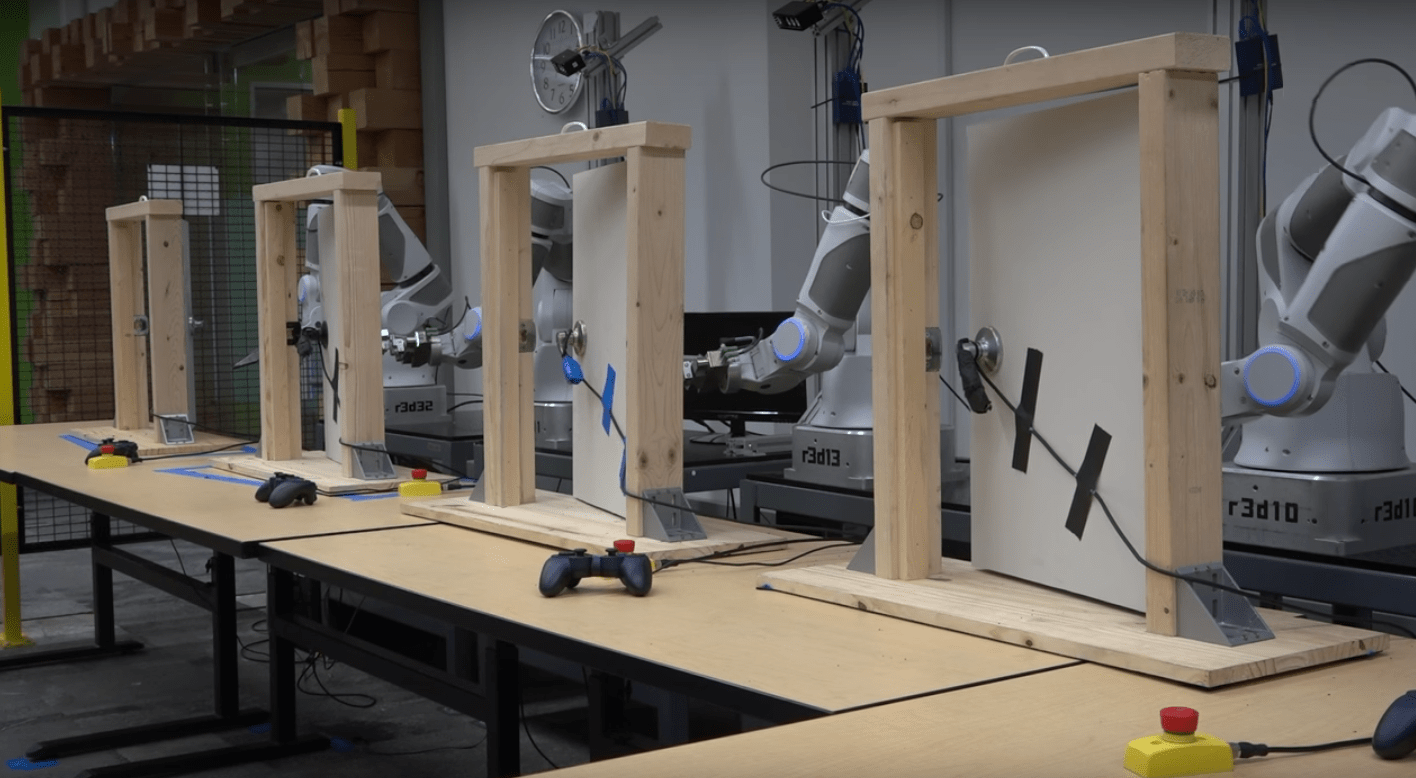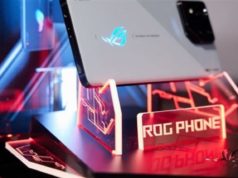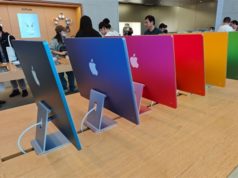Google (and parent company Alphabet) build a lot more hardware than fancy new smartphones and AI assistants — it’s just that a lot of it doesn’t make it out of the lab. Take these advanced robotic arms, for example: Alphabet’s robotics group built the arms, which were used in a research project to show how Google’s software helps robots learn from each other over time. But despite their apparent usefulness, Alphabet CEO Larry Page decided to cancel plans to sell the hardware because it failed Page’s “toothbrush test.” As Bloomberg reports, Page only wants to ship products that could be used daily by billions of people, and these robotic arms are significantly more niche than that.
At the time the robot arms were built, the robotics division was part of Google, but near the end of the year the group was moved under Alphabet and plans to sell the arms to manufacturing companies and similar operations were nixed. It’s a move that caused frustration within the robotics group, which felt that Alphabet has a tendency to be too cautious with its more experimental ventures.
“It was still a prototype, but it had a lot of advantages,” James Kuffner, chief technology officer at the Toyota Research Institute and previous lead of Google’s robotics unit, said to Bloomberg. “The team worked really hard. If it had been entirely up to me I would have shipped it. But it was not.”
It’s an example of what some at Alphabet apparently feel is a trend for the company to put smaller projects on hold in the chase for a “moonshot” that’ll have a huge impact — if it works. It’s illustrative of the conflict within Alphabet: Google has some of the most popular and widely-used products around, so releasing any product associated with the brand runs a risk of tarnishing its reputation (just look what happened with Google Glass).
That’s not to say that projects like the robotic arm are a waste — Google’s clearly been using them to learn more about how robots can collectively learn based on the behaviors of other robots, something that fits right in with the company’s focus on machine learning. But in terms of turning the hardware into revenue generating hardware, these arms seem to land pretty far from the toothbrush-level ubiquity that Page looks for.








